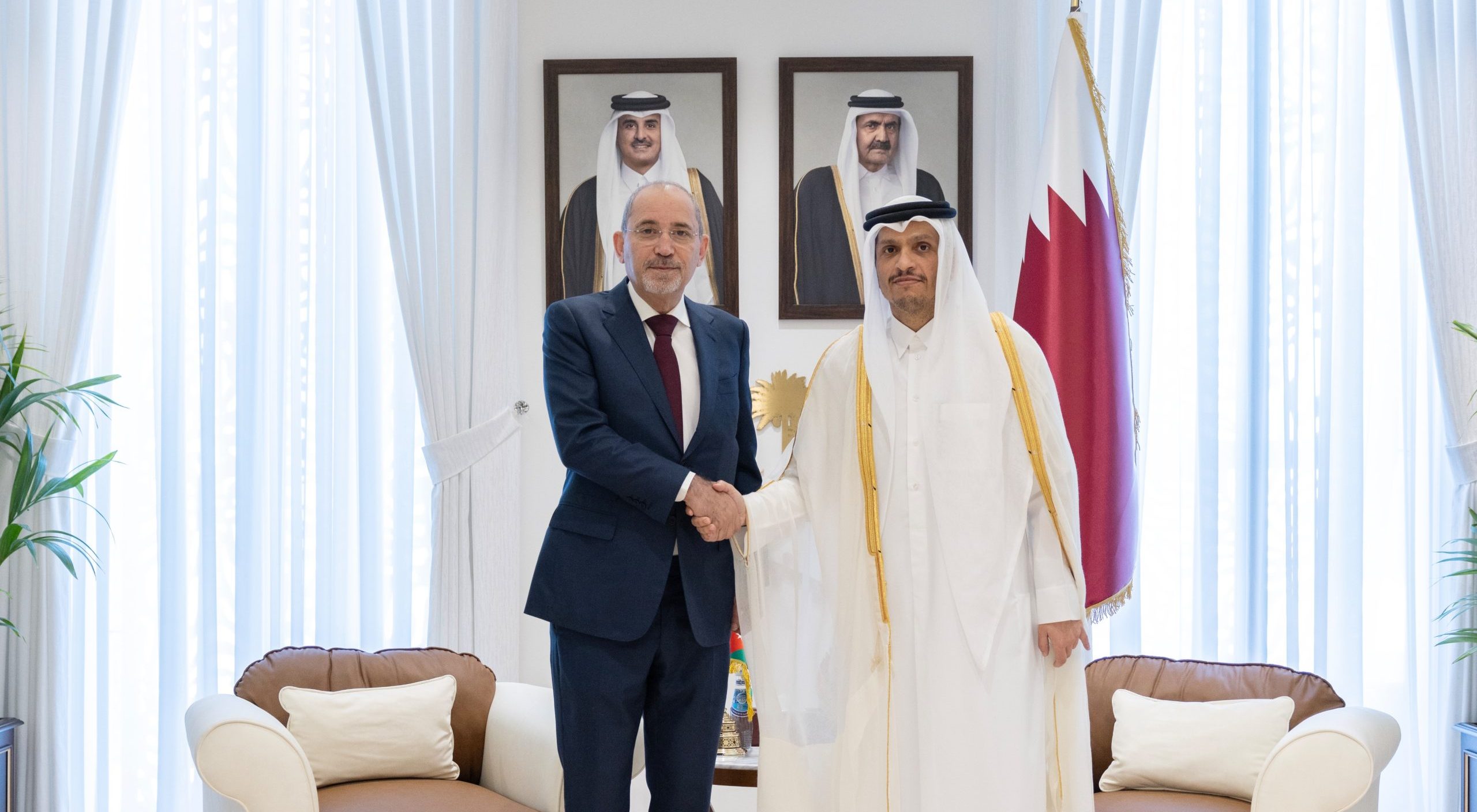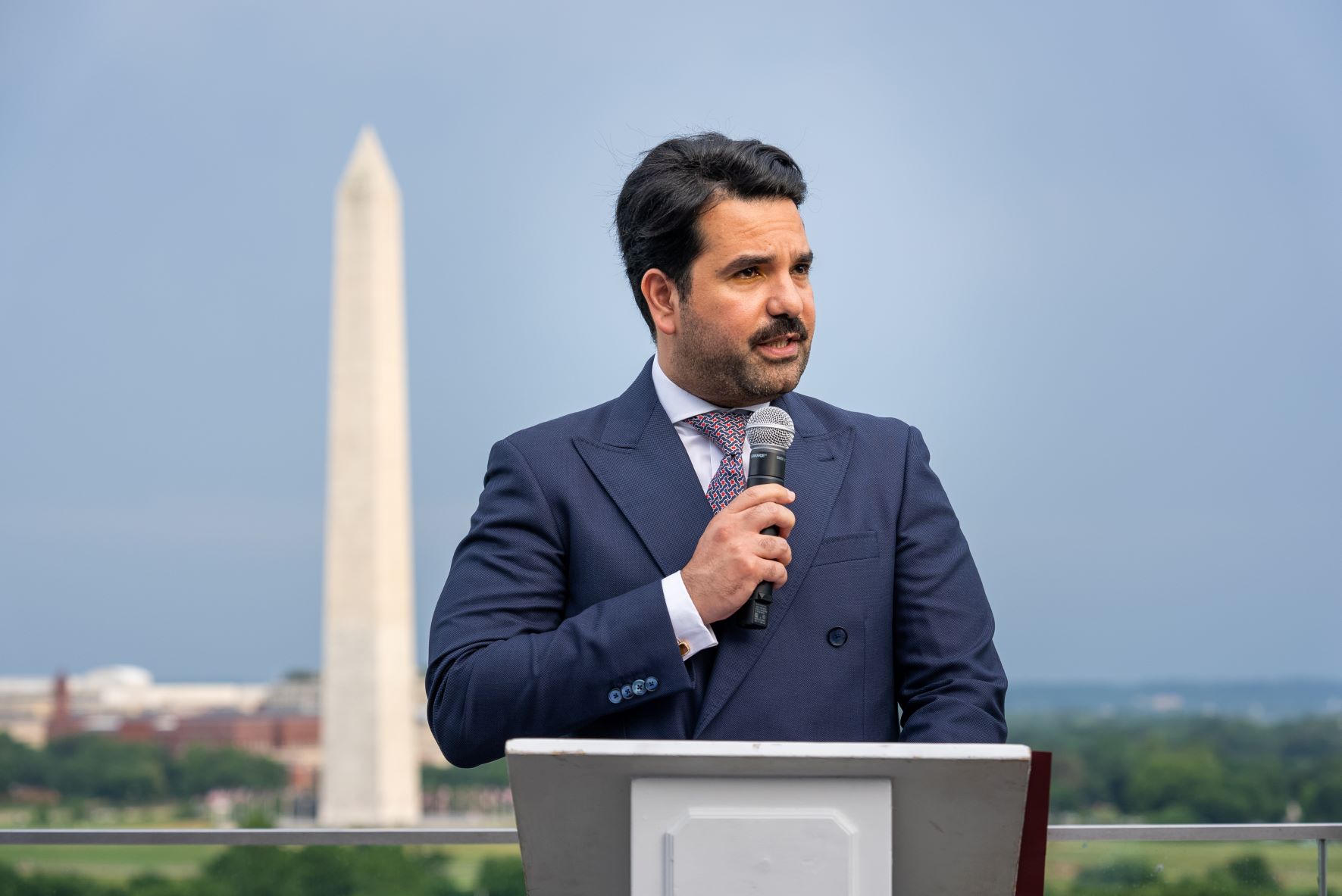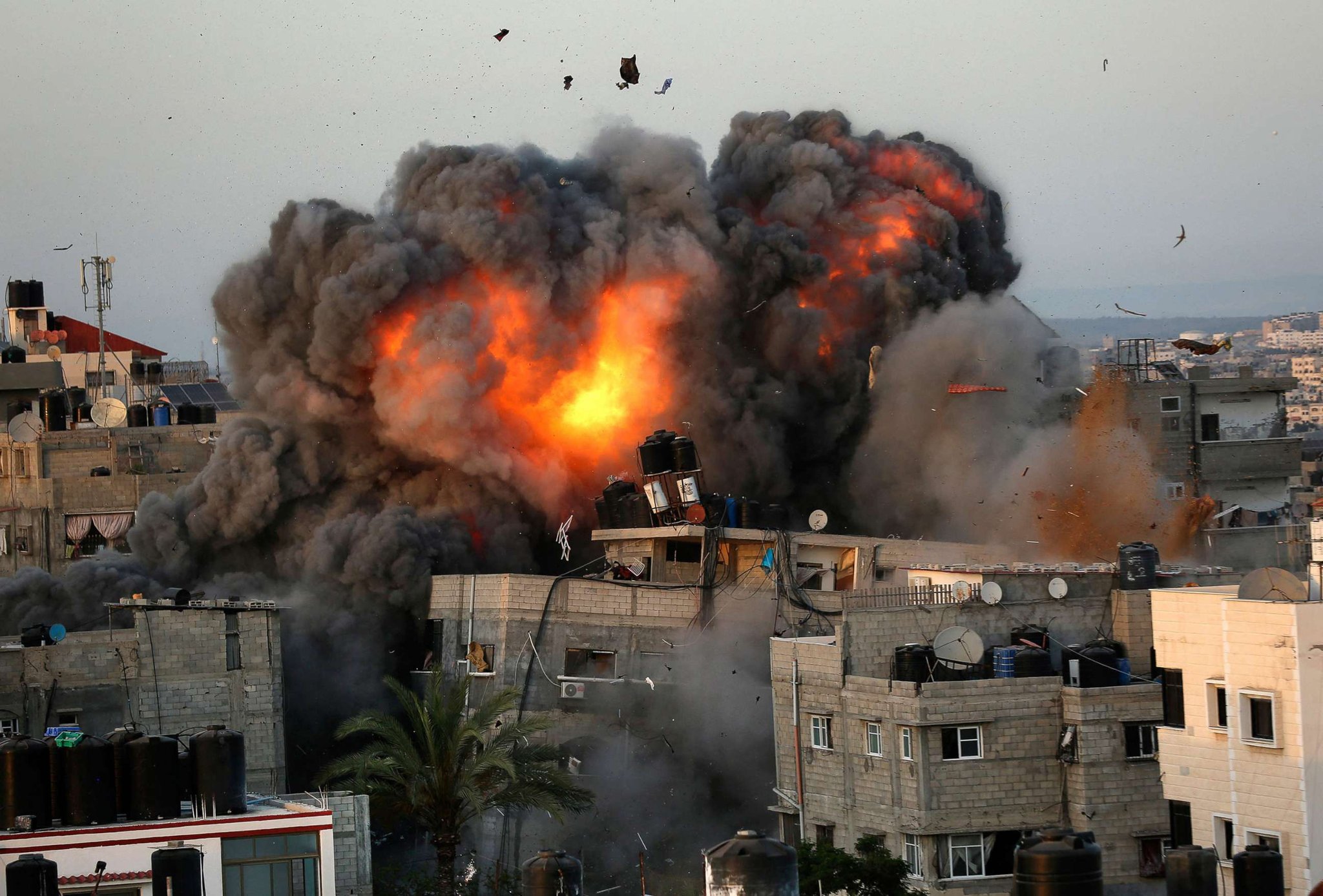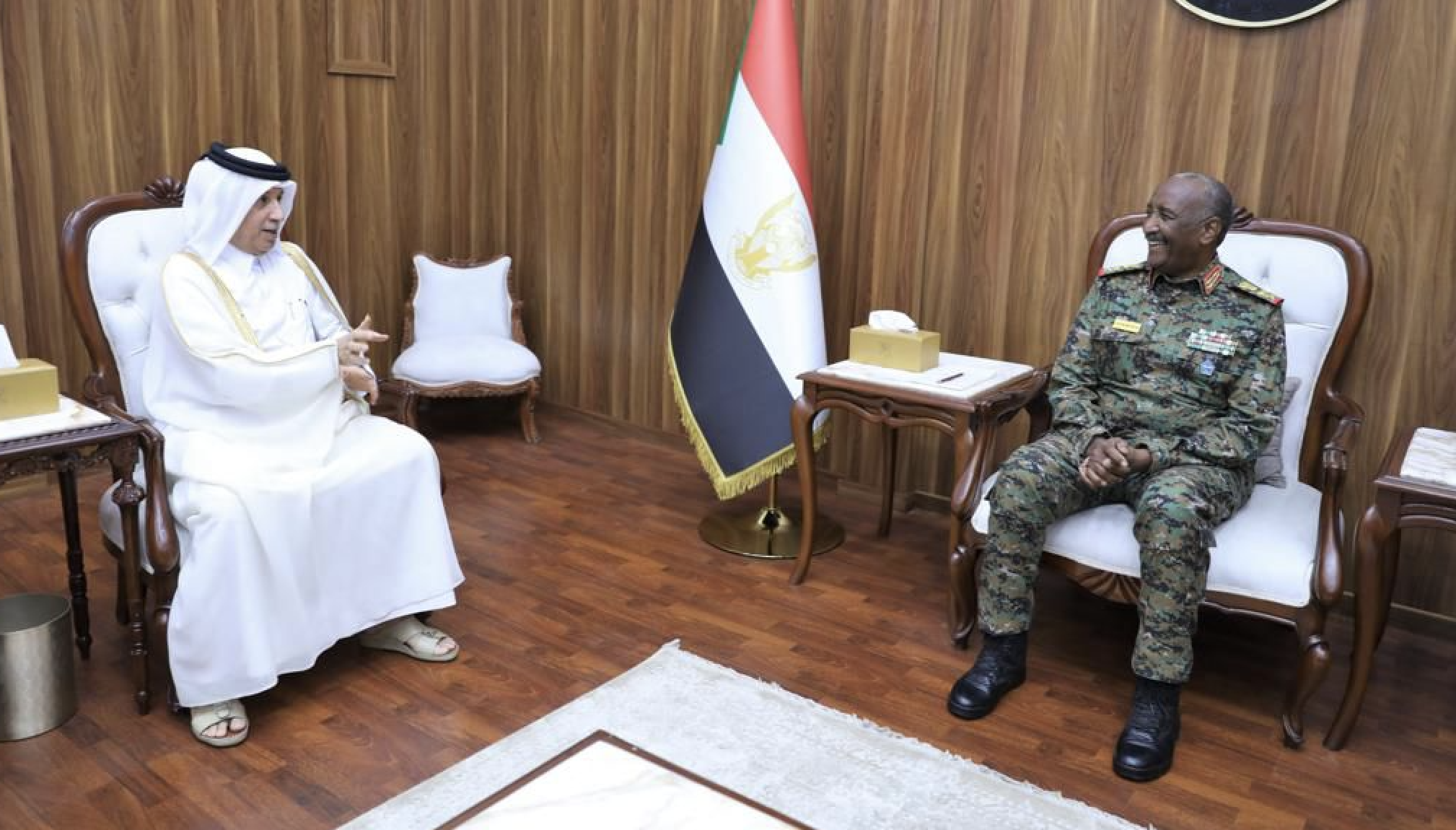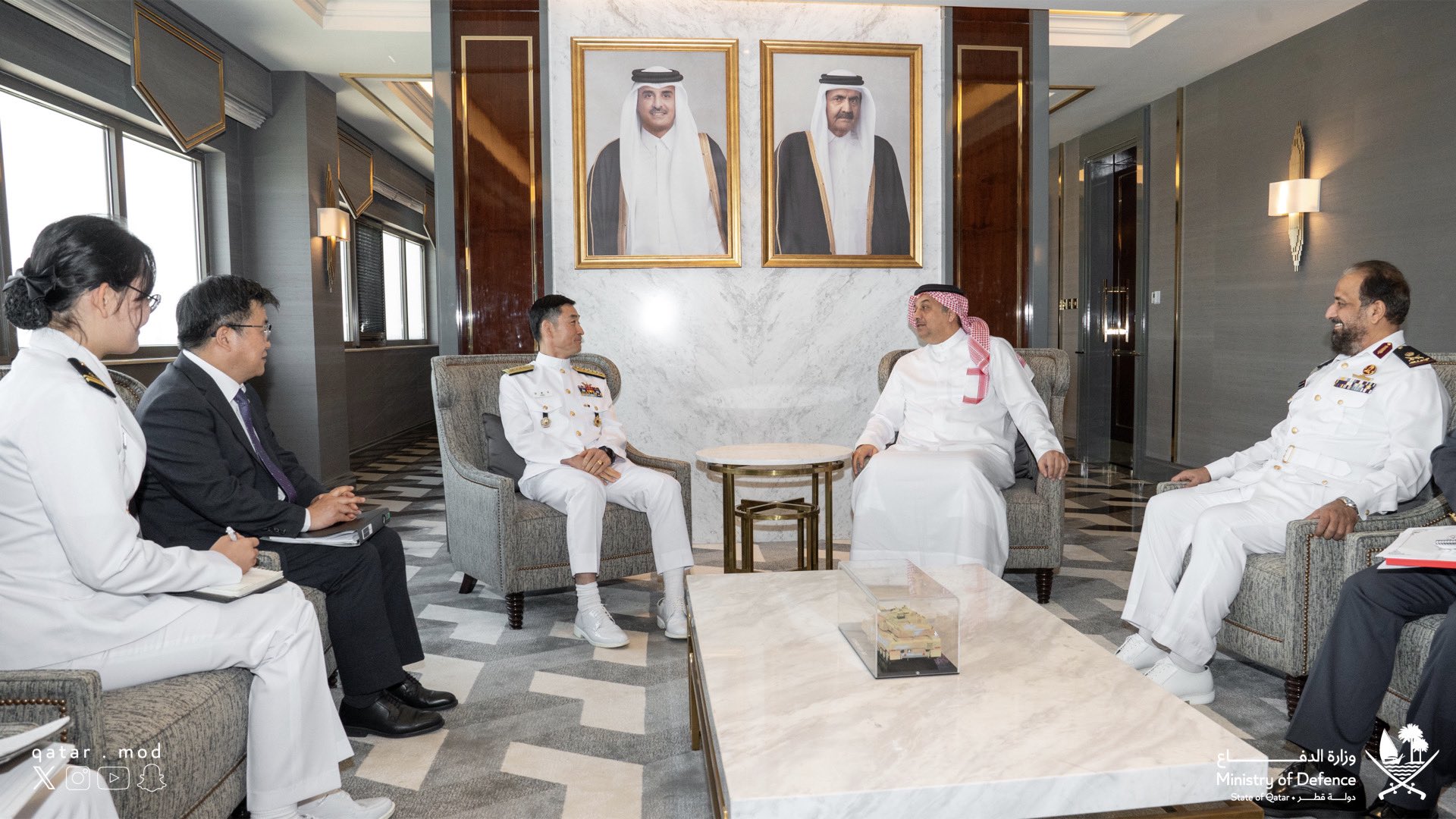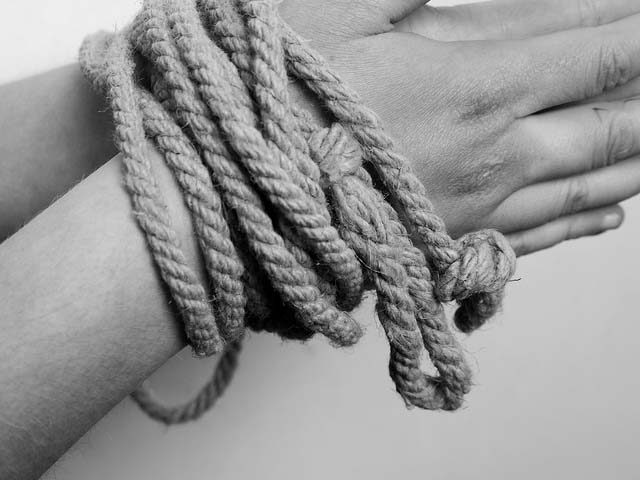
In helping to negotiate the release of hostages held captive in the region, Qatar is attempting to shore up its reputation – and prove the country’s value – among its allies while repairing its battered public image, analysts say.
Last week, Qatar secured the liberation of US journalist Peter Theo Curtis, who had been held captive by al-Nusra Front, an armed Syrian group with ties to al Qaeda, for nearly two years.
That followed the country agreeing in late May to host five Taliban prisoners who were exchanged by the US for a captured American soldier as well negotiating the release from Syria of several Greek Orthodox nuns in March and nine Lebanese men last October.
Looking ahead, Reuters reports Qatar is currently working to help free four Americans held hostage in Syria by armed groups.
Officially, Qatar says it was motivated to help free Curtis out of the country’s “belief in the principles of humanity and its keenness on the lives of individuals and their right to freedom and dignity.”
However, analysts say Qatar is following a long-term strategy of gaining favor with various states and groups by working as an effective global mediator.
It’s also aiming to change the tone of the conversation about its opaque relationships with extremist groups operating in the region.
“Qatar is showing that they are trying to do the right thing,” Michael Stephens, a researcher at Royal United Services Institute Qatar, told Doha News.
“This makes Qatar look like the good guys and makes itself useful” to its allies such as the US, he added.
Public criticism
Stephens said the release of Curtis was particularly well-timed.
The brutality and violence of self-proclaimed Islamic State fighters was broadcast around the world less than a week earlier with the release of a video showing the beheading of American journalist James Foley.
Stephens said US and UK officials have privately grown exasperated at the apparent unwillingness of Qatar and other Gulf states to confront IS in the GCC’s backyard.
At the same time, Qatar was put on the defensive following an accusation by a German government minister that it was funding IS, which now controls a swath of territory across Syria and Iraq.
“You have to ask who is arming, who is financing ISIS troops. The keyword there is Qatar – and how do we deal with these people and states politically?” German Development Minister Gerd Mueller was quoted as saying.
The German government distanced itself from those remarks, which Qatar’s foreign minister explicitly denied – a refutation backed by the Brookings Institution think tank.
Brookings researchers say there is evidence, however, that Qatar supports militias in Syria that work with the al-Nusra Front.
The group was officially designated a terrorist organization by the US government in December 2012 and was the group that held Curtis captive.
US officials say they told Qatar not to pay a ransom for the release of Curtis, a transaction some argue encourages armed groups to take more hostages.
According to the New York Times, the family of the freed American journalist was told by Qatar officials that no ransom was paid.
If true, it would apparently stand in contrast to the negotiations to free the nuns earlier this year, which the BBC reported involved between US$4 million and $50 million.
More broadly, however, Qatar’s ability to secure the release of hostages goes beyond its financial resources.
Andrew Hammond, a Middle East analyst with the European Council of Foreign Affairs, notes that Qatar has built up a complicated network of contacts with different groups in the region.
“Within that framework you will have people who owe you something,” he told Doha News.
This fits in with a long-term effort of keeping as many friends as possible, especially forces that find themselves at odds with one another, such as the US and the Palestinian group Hamas, Hammond said.
This “hedging” strategy allows Qatar to develop economically, as well as offering it protection in a volatile region of the world, he added.
It also allows Qatar to call in favors when it needs to appease one of its allies.
“There is a certain pressure on countries that have been involved in backing and funding (groups such as al-Nusra) to stand up and show the Americans that they are doing things that are useful … doing their best to challenge extremism,” Hammond said.
Future moves
While Qatar may continue to play the role of global mediator in various conflicts, Stephens said the country’s influence in Syria is waning, raising questions about the how much leverage it still has within groups fighting in that country.
Stephens also argues that Qatar – which has faced criticism for its support of the Muslim Brotherhood and was dubbed “Club Med for terrorists” in a recent New York Times op-ed – still faces challenges in convincing its western allies that it shares common foreign policy objectives.
“It’s going to take a lot more than freeing one American hostage and several nuns to change opinions,” he said.
Thoughts?


